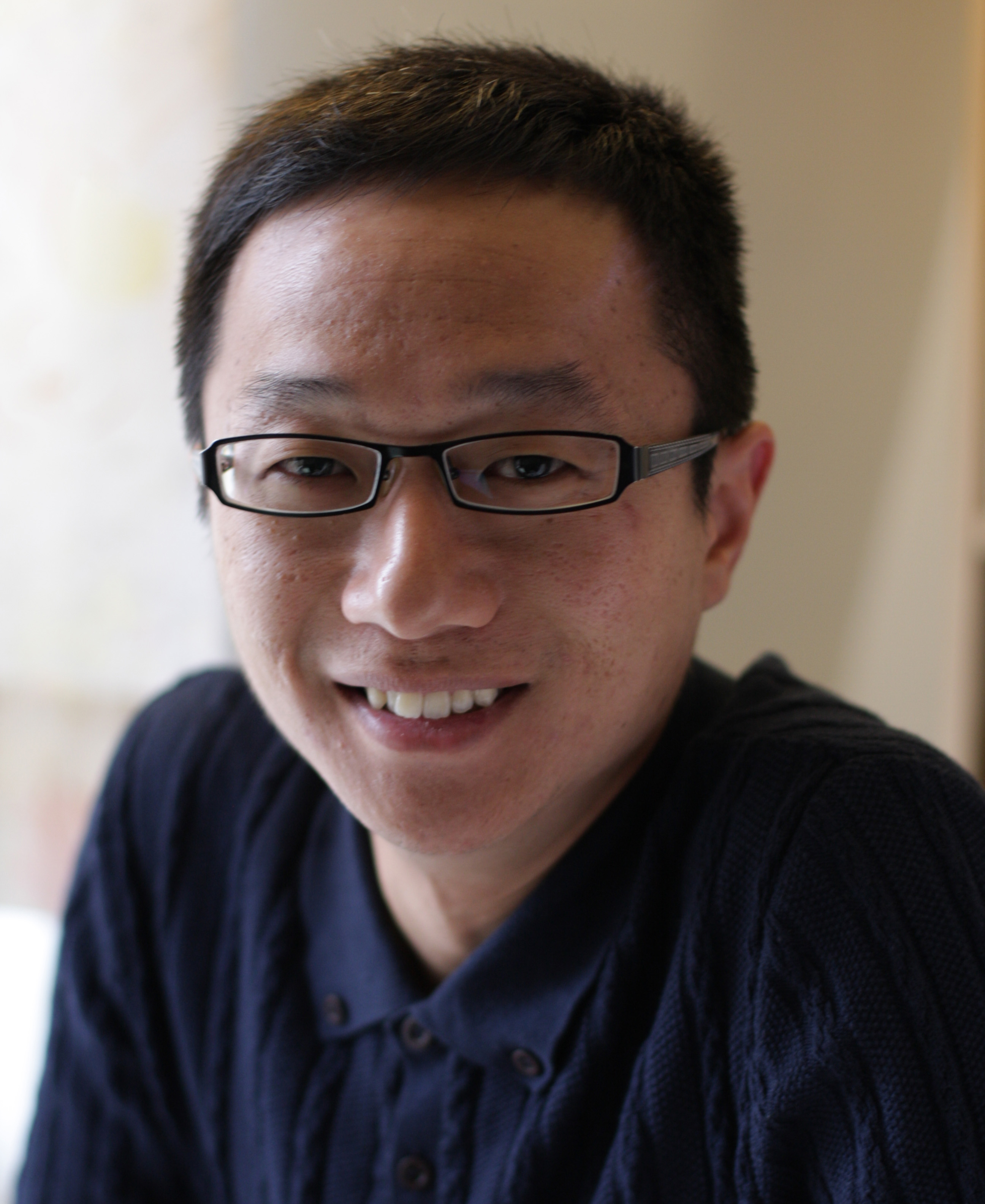Course Reference No: TGS-2025056053
This course is part of the Professional Development in Placemaking. Click here to find out more about the Professional Development in Placemaking.
Course Objectives
Placemaking, from a social inclusion perspective, is an approach that puts the community front and centre of deciding how a place looks and how it functions. Acknowledging people’s sense of place and place identity, the approach involves an exploration of how the built environment provides a connection between physical locales and social needs.
This course introduces placemaking as a people-centred approach to the planning, design and management of space to promote community cohesion and social inclusion. The urban planning process highlighted in this course will focus on three principles of placemaking – inclusion, diversity and participation. Through seminars, case discussions and site visits, this course provides urban designers, city-building professionals, community development practitioners and facility managers an opportunity to explore the key concepts, benefits and tools of inclusive placemaking for building and sustaining communities. By exploring real-world practices in response to current urban challenges such as double ageing, geographical inequality and housing insecurity, this course will give participants a first-hand experience of why inclusive placemaking matters and how to do it.
At the end of the course, participants will be able to:
- Appreciate the theoretical foundation of participatory planning for spatial justice and its impact on sustainable urban development
- Understand three important principles of placemaking: inclusion, diversity and participation
- Recognise the intrinsic ties between place and lived experience
- Identify suitable tools and processes for assessing a community’s needs and aspirations
- Critically apply participatory planning practices to encourage and enrich community life
Who Should Attend
Urban designers, city-building professionals, community development practitioners and facility managers.
Pre-Requisites
Degree or Advanced Diploma in any discipline.
Mode of Training
Total of 21 contact hours on-campus.
CONTINUING PROFESSIONAL DEVELOPMENT (CPD) POINTS
Upon successful course completion, participants are eligible for CPD points from the following accredited providers:
Board of Architects (BOA) – Singapore Institute of Architects (SIA) CPD Programme
|
2 |
Singapore Institute of Landscape Architects (SILA)
Accreditation Programme
|
12 |
Professional Engineers Board (PEB) CPD programme
|
21 |
Participants are required to meet the terms and conditions in order to qualify for the CPD points.

Dr NG Kok Hoe
Ng Kok Hoe is Senior Research Fellow and Head of the Case Study Unit at the Lee Kuan Yew School of Public Policy, where he also leads the Social Inclusion Project, a research programme dedicated to analysing the role of public policies in creating opportunities for participation. He received his PhD in Social Policy from the London School of Economics and Political Science (LSE) where he was a UK Commonwealth Scholar and won the Titmuss Prize. Since leaving the Singapore civil service, he has consulted for the government and NGOs on social policies and social services.
His research is concerned with retirement income security, minimum income standards, social housing policy and homelessness. He contributes media commentaries and gives public lectures on these topics regularly. He led the first nationwide street count of homelessness in Singapore in 2019, and is co-editor of the book "They told us to move: Dakota—Cassia" (Ethos Books, 2019), which examines the impact of housing relocation on a social housing community.